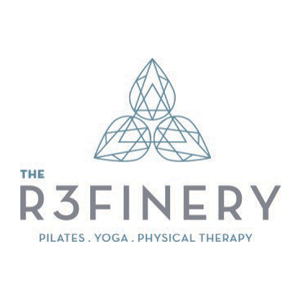10 Types of Boundaries That You Need
Maureen Schafer, MSW, LCSW • February 28, 2023
- Physical Boundaries – This includes protecting and maintaining your personal space, your comfortability with touch (i.e. handshakes, hugs), and your basic physical needs, such as resting, eating food, drinking water, going to the bathroom, etc.
- Emotional Boundaries – This includes discerning when is the appropriate time to share or not share emotions to prevent “emotional dumping” and limiting the sharing of our emotions with those who respond in a negative manner, such as with invalidation and criticism.
- Mental/Intellectual Boundaries – Overlapping with emotional boundaries, this also includes discerning when is the appropriate time to discuss or not discuss a certain topic and the willingness to converse with another and to try to understand their thoughts, ideas, and perspectives.
- Sexual Boundaries – This includes protecting and maintaining the right to consent, mutual respect, and an understanding of personal desires and levels of intimacy, personal preferences, and need for privacy.
- Financial/Material Boundaries – This includes recognizing what items you can and cannot share with others and the expectations regarding how your personal belongings are to be treated by those you share them with.
- Time Boundaries – This includes recognizing and acknowledging your priorities, allocating enough time for each area of your life, and scheduling your time without overcommitting.
- Work/Workplace Boundaries – This includes protecting and maintaining your ability to work without interference and interruptions, making sure that you are not overworking and preventing burnout, and maintaining a work/life balance.
- Spiritual/Religious Boundaries – This includes protecting and maintaining your right to your spiritual/religious beliefs and practices.
- Energetic Boundaries – This boundary is especially important if you are an Empath or a Highly Sensitive Person (HSP). This includes protecting and maintaining your energy so that you are not absorbing and internalizing other people’s “stuff.”
- Non-Negotiable Boundaries – These are the essential boundaries that you must have in order to feel safe. These are the ultimate “deal-breakers,” such as drug and/or alcohol use, infidelity, emotional abuse, and physical violence.
Sources:
Written by Ashley Lai, MSW, LSW, Clinician at Presence of Mind Therapy
The post 10 Types of Boundaries That You Need appeared first on Presence Of Mind Therapy.






















Share On: